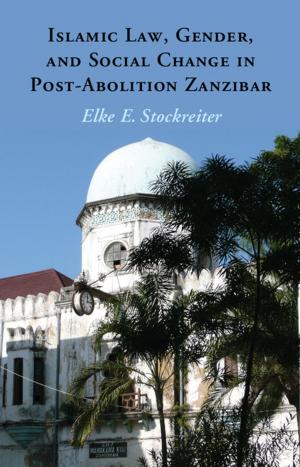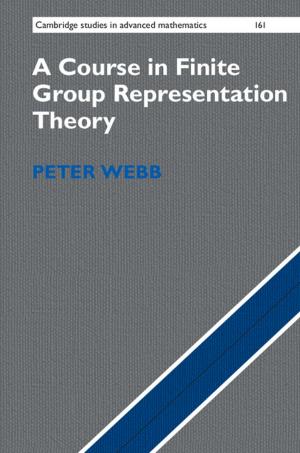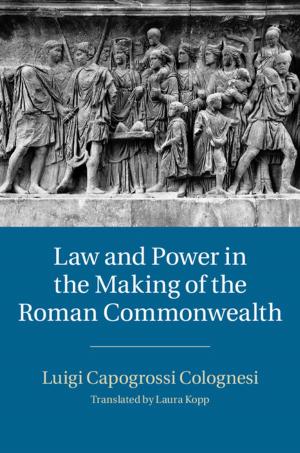Enduring Injustice
Nonfiction, Social & Cultural Studies, Political Science, Politics, History & Theory, Religion & Spirituality, Philosophy| Author: | Jeff Spinner-Halev | ISBN: | 9781139366212 |
| Publisher: | Cambridge University Press | Publication: | April 19, 2012 |
| Imprint: | Cambridge University Press | Language: | English |
| Author: | Jeff Spinner-Halev |
| ISBN: | 9781139366212 |
| Publisher: | Cambridge University Press |
| Publication: | April 19, 2012 |
| Imprint: | Cambridge University Press |
| Language: | English |
Governments today often apologize for past injustices and scholars increasingly debate the issue, with many calling for apologies and reparations. Others suggest that what matters is victims of injustice today, not injustices in the past. Spinner-Halev argues that the problem facing some peoples is not only the injustice of the past, but that they still suffer from injustice today. They experience what he calls enduring injustices, and it is likely that these will persist without action to address them. The history of these injustices matters, not as a way to assign responsibility or because we need to remember more, but in order to understand the nature of the injustice and to help us think of possible ways to overcome it. Suggesting that enduring injustices fall outside the framework of liberal theory, Spinner-Halev spells out the implications of his arguments for conceptions of liberal justice and progress, reparations, apologies, state legitimacy, and post-nationalism.
Governments today often apologize for past injustices and scholars increasingly debate the issue, with many calling for apologies and reparations. Others suggest that what matters is victims of injustice today, not injustices in the past. Spinner-Halev argues that the problem facing some peoples is not only the injustice of the past, but that they still suffer from injustice today. They experience what he calls enduring injustices, and it is likely that these will persist without action to address them. The history of these injustices matters, not as a way to assign responsibility or because we need to remember more, but in order to understand the nature of the injustice and to help us think of possible ways to overcome it. Suggesting that enduring injustices fall outside the framework of liberal theory, Spinner-Halev spells out the implications of his arguments for conceptions of liberal justice and progress, reparations, apologies, state legitimacy, and post-nationalism.















